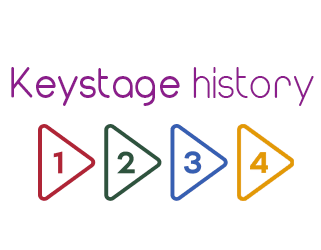
There has been a lot of coverage recently of OFSTED’s intention to focus more on the quality , range and impact of the curriculum, rather than simply looking at data. Sean Harford recently talked of the 3 Is: Intent, Implementation, Impact. You need to get behind OFSTED’s thinking here, not because you want to please them, heaven forbid! , but because they are talking sense.
When considering what this new focus might mean for you, there are 7 things you can do by way of preparation. All are worth doing, regardless of whether OFSTED comes or not.
- Review what you are currently offering and why, paying particular attention to the rationale for the choices you have made. See examples of medium term planning on this website which open with a detailed explanation of why the topic was chosen and why it is being taught to a particular year group and in a specific order. OFSTED will not be looking for a a preferred way of delivering the curriculum but they will expect you to have made considered choices and be able to defend your selections. Why have you chosen these famous people at KS1. Why have you chosen that non-Western society to teach at KS2 and 3? How have you adapted your 2014 curriculum in the light of your GCSE course which started in 2016? How does your A level course mesh with GCSE?
- Pay specific attention to issues to do with entitlement and equity. In secondary schools, why have you contracted KS3 to two years? What are the implications for those who don’t continue with further study of history? Why have you chosen that exam board syllabus? What view do you take on whether disadvantaged pupils are best served by a knowledge-rich curriculum?
- Deepen your understanding of how pupils learn in history. You might start by reading Weinstein, Sumeracki and Caviglioli’s latest research, now available in paperback. I will be summarising their findings for you soon but you might want to think about what you already know about: Schema; cognitive load; spaced practice; interleaving and retrieval.
- Create capacity by discussing what you can get rid of. Most change involves adding new things. I maintain that you need to create space for new ideas to flourish, hence the need to fiercely question why you really need to spend 5 weeks on the lead up to, and details of the Battle of Hastings in Y7 or creating , rather than discussing, timelines and family trees of Tudor monarchs at KS2.
- Challenge orthodoxies within your school that you don’t feel really enhance learning. You might start with a one-size fits all assessment policy which doesn’t really suits the needs of history? Do you really think that half-termly data drops at KS3 helps any pupil to improve in history?
- Focus on what is unique about your subject and don’t get drawn into too much cross-curricular or generic skills thinking. You know OFSTED’s view of what is lost when subjects become too tied up in topic webs which have little regard for progression. Find time for reading and quality discussions about the discipline of history. There’s plenty on this site alone to start with
- Talk to others. At primary school in particular subject leaders can feel isolated so if you can’t meet others at least read blogs so that you are more confident and better informed. There is a heightened emphais on professional knowledge that you need to take into account. You’re reading this..so you’re half-way there.






